
All Related Articles



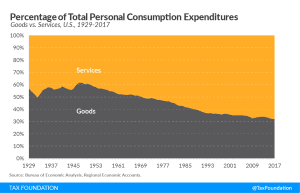
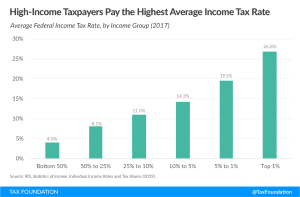

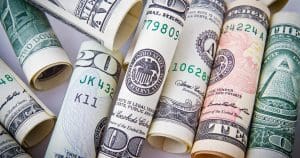
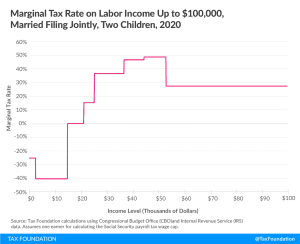
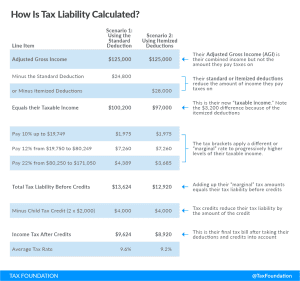
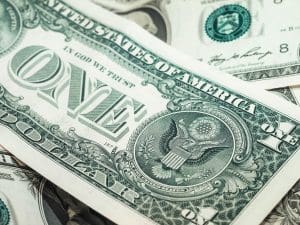

Revenue Gains in Asian and Pacific Countries Likely Offset by COVID-19
Because of the COVID-19 pandemic and the associated economic crisis, countries in the Asia-Pacific region will see a differentiated impact on their capacity of mobilizing domestic revenue depending on the structure of their economy. According to the OECD report, those economies that rely mostly on natural resources, tourism, and trade taxes are especially vulnerable.
5 min read
1980s Tax Reform, Cost Recovery, and the Real Estate Industry: Lessons for Today
The Tax Reform Act of 1986 extended depreciation schedules for both commercial and noncommercial of real estate, reducing the attractiveness of those investments.
21 min read
Austria Is Mulling an Allowance for Corporate Equity
While not a short-term measure to alleviate the economic losses resulting from the current crisis, experience from other countries has shown that a tax allowance for corporate equity can be a sensible long-term policy that can strengthen Austria’s investment environment and improve financial stability.
6 min read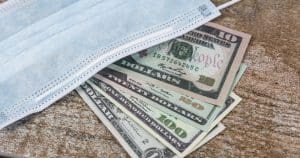
The History of Excess Profits Taxes Not as Effective or Harmless as Today’s Advocates Portray
Today’s advocates would do well to study the history of excess profits taxes before overselling these taxes as a solution to the COVID-19 crisis.
2 min read
The New EU Budget is Light on Details of Tax Proposals
The European Council recently agreed on a new multiannual budget and a recovery program, which sets EU budget levels for 2021-2027 totals €1 trillion (US $1.2 trillion). The lack of details on the various tax proposals and the eventual need for revenue sources to finance new EU debt mean there is a lot of work left for policymakers in Brussels to do.
4 min read
(Webinar) Figuring Out Phase Four: Next Steps on Federal and State Coronavirus Response
As U.S. businesses struggle to recover from the economic downturn, Congress and the White House continue to debate a phase four relief package, which could include anything from incentives for domestic travel and a payroll tax cut to more fundamental reforms like enacting permanent full cost recovery.
2 min read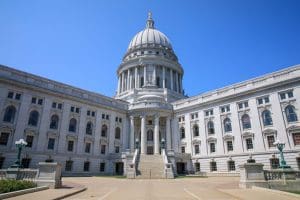
Tax Options to Promote Short-Term Recovery and Long-Term Economic Growth in Wisconsin
From a revenue standpoint, Wisconsin was better off than many states going into this crisis, but the policy decisions—including tax policy decisions—state policymakers make in the months ahead will have far-reaching implications for how quickly jobs and wages are restored in Wisconsin.
7 min read
Hungarian COVID-19 Response: Surtax for Banks and Retail
Hungary is the only EU state to have actually implemented COVID-19 tax hikes.
3 min read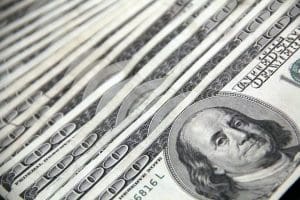
State Forecasts Indicate $121 Billion 2-Year Tax Revenue Losses Compared to FY 2019
Revised state revenue forecasts show a significant decline in projected revenues for both the recently concluded FY 2020 and current FY 2021, though the picture they paint is considerably less dire than many feared a few months ago.
13 min read
What Can Connecticut Learn from its Neighbors About Property Tax Limitations?
Property tax burdens in Connecticut continue to increase even as property values decline, whereas other states—including neighboring Massachusetts and New York—have managed to keep the growth of property tax burdens in check.
42 min read